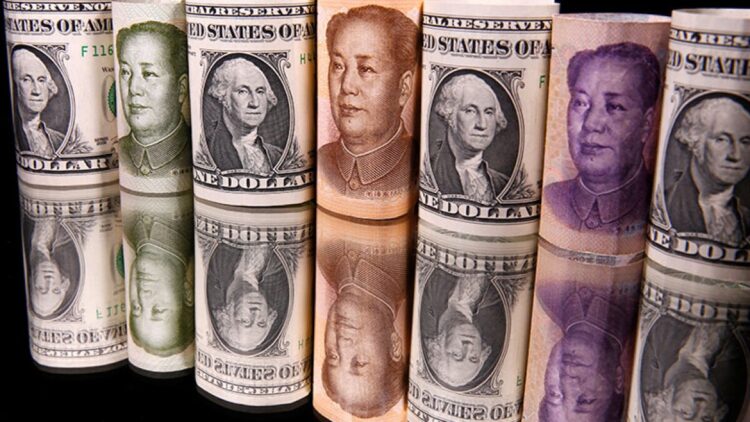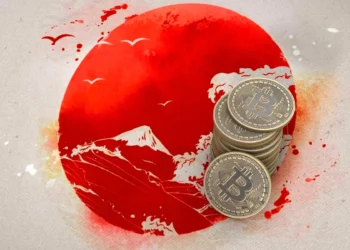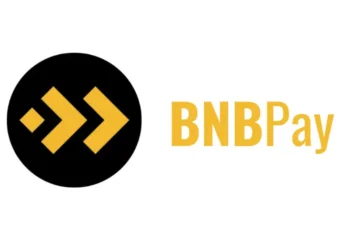China’s central bank, the People’s Bank of China (PBOC), has reportedly instructed state-owned lenders to reduce dollar purchases in the foreign exchange market.
This move signals Beijing’s growing efforts to stabilize the yuan and counterbalance the economic pressures of a strong U.S. dollar. Sources familiar with the matter revealed that this directive aims to limit the yuan’s depreciation and maintain financial stability in the face of global currency volatility.
The yuan has faced downward pressure due to China’s slowing economic recovery and widening interest rate differentials with the U.S., where rates remain elevated. By curbing dollar purchases, China seeks to manage its foreign exchange reserves more effectively and support its domestic currency. Analysts suggest that this strategy aligns with broader efforts by Beijing to assert greater control over its monetary policy and reduce reliance on the dollar-dominated global financial system.
The US and China are locked in a heated trade dispute, with President Trump threatening to impose a 50% tariff on Chinese goods. China has responded with threats of its own, vowing to retaliate with 34% duties on American imports. The escalating tensions have sparked concerns of a global economic slowdown and currency volatility, conditions that have traditionally benefited Bitcoin’s performance.
The PBOC’s actions reflect a continuation of its proactive measures to stabilize the yuan, which has experienced fluctuations amid geopolitical tensions and uneven post-pandemic economic growth. In recent years, China has been exploring ways to enhance the international use of its currency, including promoting the digital yuan (e-CNY) for cross-border transactions. The digital yuan pilot program, launched in 2020, aims to increase China’s share in global payments and reduce dependence on traditional fiat currencies like the U.S. dollar.
This development also highlights China’s broader ambition to reshape global financial dynamics. As cryptocurrencies and blockchain technology gain prominence, central banks worldwide are exploring alternatives such as Central Bank Digital Currencies (CBDCs). These digital currencies offer faster transaction speeds, lower costs, and programmable features that could revolutionize monetary systems. China’s early adoption of the digital yuan positions it as a frontrunner in this space.
The PBOC’s directive comes at a time when many nations are reconsidering their exposure to traditional reserve assets like the dollar. Some countries have begun exploring Bitcoin and other digital assets as strategic alternatives, reflecting shifting trust in fiat currencies.
If you want to read more news articles like this, visit DeFi Planet and follow us on Twitter, LinkedIn, Facebook, Instagram, and CoinMarketCap Community.
“Take control of your crypto portfolio with MARKETS PRO, DeFi Planet’s suite of analytics tools.”





















